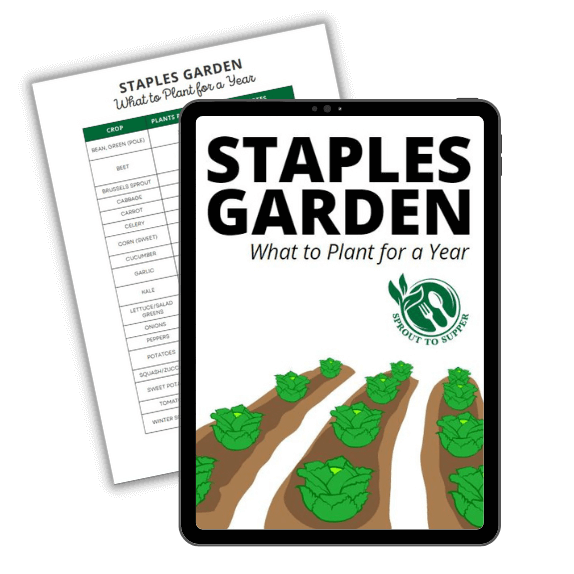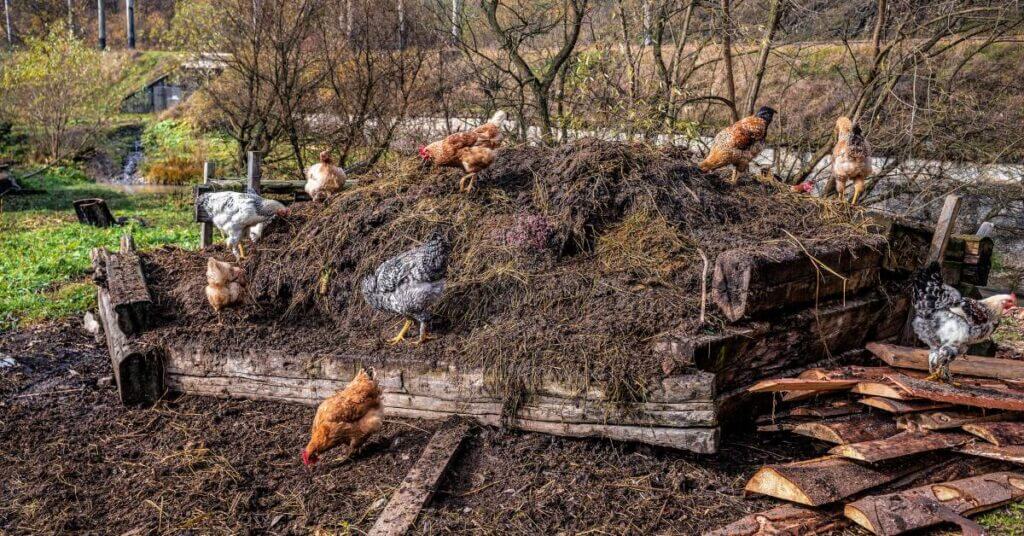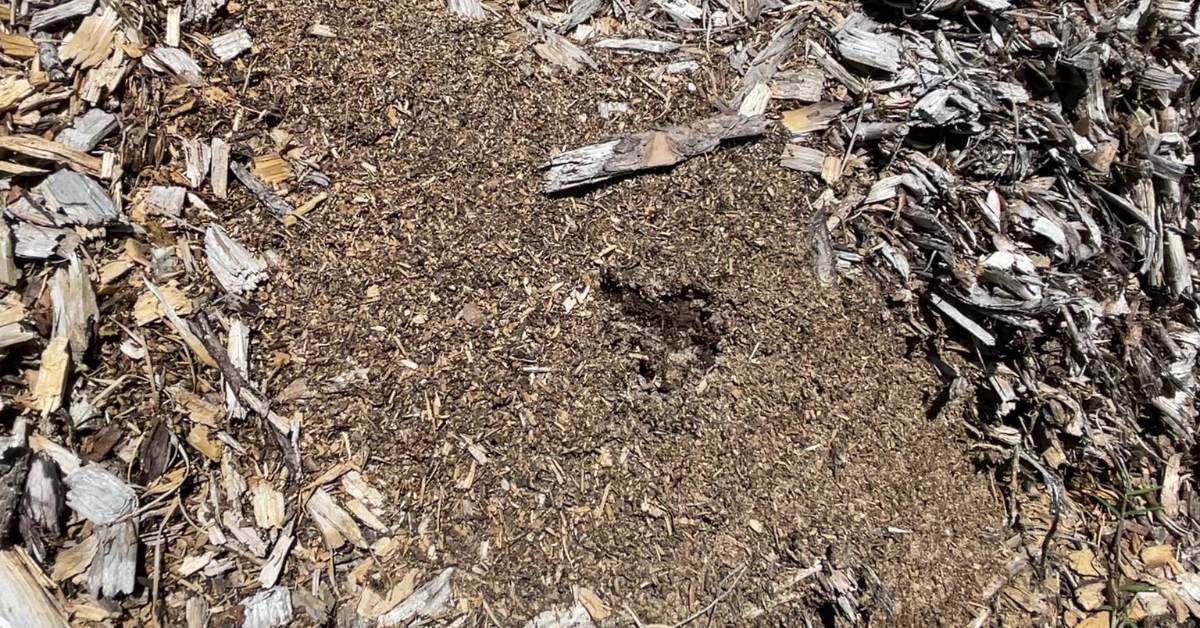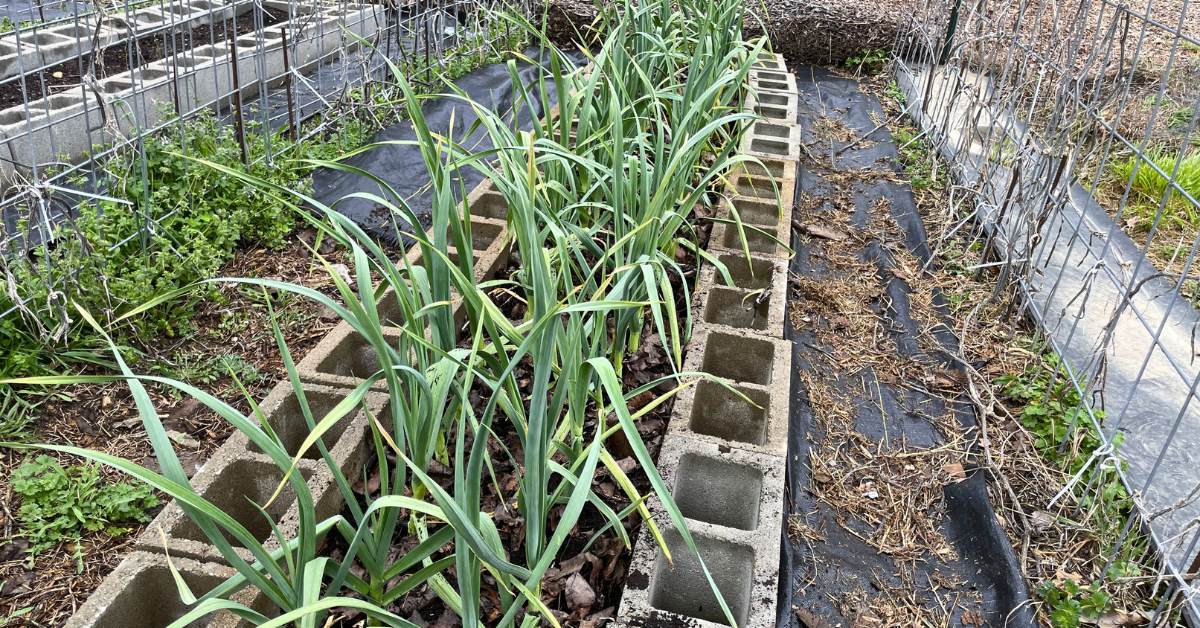Hey, fellow gardeners! Ever thought about putting your chicken’s business to good use in your garden?
We’re talking about chicken manure today—a game-changer for your plants. In fact, some people refer to it as “black gold.”
If you already have chickens, this is the best way to make your garden thrive without breaking the bank.
That said, not all plants respond well to poultry fertilizer. But don’t worry, we’ll cover the top 5 plants that not only handle chicken manure well but actually love it.
What You Need to Know About Aged vs. Fresh Chicken Manure
Before we dig in, we need to clarify that not all chicken manure is created equal. In the world of raw manure, there is “aged” and “fresh.”
Aged chicken manure has had time to decompose. This process decreases the risks of harm to your plants while also enriching the soil with beneficial nutrients over time.
Fresh chicken manure, on the other hand, is high in nitrogen. While this sounds good, it can be too much for many plants to handle.
On top of that, using fresh manure on your garden brings certain hazards. Harmful pathogens within the manure are particularly risky for edible plants that come in direct contact with the soil.
We don’t want to compromise our gardens’ safety or the food we eat so, for the sake of this article, we will be referring primarily to aged chicken manure.
What Nutrients Are in Chicken Manure?
To understand which plants love this form of animal manure, we need to understand what’s inside it.
Rich in nitrogen, phosphorus, and potassium, chicken manure pellets can fuel plant growth. The nitrogen assists in leaf and stem development, which is vital for most green plants. Phosphorus contributes to root growth and flowering, while potassium improves overall plant health.
Of the three primary elements above, nitrogen is most plentiful.
When you compare this natural fertilizer to chemical options, you’ll find that organic matter from chicken manure not only feeds plants but also enhances soil.
It also builds a better home for microbes and worms, which are key players in nutrient cycling. With each season of use, your soil structure will improve, becoming more fertile and alive.
Plus, these natural amendments encourage a slow release of essential nutrients. As a result, your soil remains vibrant and less compacted, ensuring strong plant roots and bountiful harvests in the long run.
Top 5 Plants That Benefit From Chicken Manure
Plants that crave nitrogen will exhibit more vigorous growth and yield when fed with chicken manure compost. This manure acts as a natural fertilizer, supporting the plants’ foundational needs. Healthy roots and flourishing growth come from such rich organic additions.
Let’s focus on plants that truly appreciate this natural boost.
1. Peppers
Being naturally high in nitrogen, chicken manure is fantastic for the vegetative growth of pepper plants.
Consistency in yields is another benefit. Peppers thrive with the continuous feeding that well-composted manure offers.
However, moderation is key; too much manure might harm the plants. Apply it to the soil a few weeks before planting and follow up with a lighter side-dressing as the peppers flower.
With careful planning, you can optimize nutrient availability for peak pepper production.

2. Tomatoes
Tomato plants also relish the nutrients in chicken poop. This rich organic matter feeds them the necessary nitrogen for lush, green growth.
Phosphorus and potassium in the manure support flower and fruit development, which is also vital for a bountiful harvest.
With tomatoes being heavy feeders, chicken manure matches their nutritional needs almost perfectly.
But caution is important. Too much manure can lead to over-fertilization, marked by excessive foliage with few fruits.
Start by working well-aged manure into the soil before planting, creating a balanced environment for roots to absorb these nutrients gradually. Monitor the plant’s response and adjust accordingly.
3. Squash Family
The squash family loves rich soil, and chicken manure delivers just that. Cucumbers, zucchinis, and pumpkins will all show more vigor and better fruit when planted in soil enhanced with this natural fertilizer.
Nutrition from well-composted chicken manure feeds the plants over time, supporting strong, resilient growth.
On the other side of the coin, take care with fresh manure around your squash. Its high nitrogen can overwhelm tender seedlings, leaving them ‘burnt’ beyond recovery. It’s all about balance: aged manure nourishes—but fresh manure may punish.
4. Cucumbers
Chicken manure (or poultry litter) also fosters vigorous growth in cucumber vines, supporting them to produce bountiful harvests.
Plus, the compost made from chicken manure holds water well. This trait is great news for cucumbers, which are thirsty plants requiring consistent moisture.
To unlock these benefits, proper composting is key. Age the manure, ensuring it breaks down safely and effectively before you introduce it to your garden.
5. Fruit Trees (Not Bushes)
Aged chicken manure works wonders for fruit trees. Its wealth of nutrients support the extensive root systems these trees have.
Trees take time to mature and bear fruit, and aged manure offers a steady release of nutrients to meet this long-term growth.
I was careful to say “not bushes” because there are certain fruit bushes that could suffer if amended with poultry manure. The one that comes to mind first is blueberries.
However, apple trees and citrus trees thrive with the high nitrogen and phosphorus content in chicken manure.

Dream of Filling Your Pantry with Homegrown Staples?
Plan your garden with our FREE PRINTABLE—Staples Garden: What to Plant to Feed Your Family for a Year!
How Much Chicken Manure Should I Apply?
Start with this general rule of thumb—apply 3 to 4 pounds per 100 square feet.
(Remember, that’s for aged manure. Fresh manure is stronger and not recommended direct on gardens.)
For application, you have a couple of options.
Top dressing is effective; simply sprinkle the manure on the surface of your soil around the plants.
Another method is to mix it in with the soil before you plant. This works well for new beds or before a growing season starts. It gives time for the nutrients to integrate and mellow before you introduce your plants to their new home.
To make the most of my chicken coop cleanout, I like to add lower-nitrogen items like wood shavings, grass clippings, dry leaves to create a blend we lovingly refer to as “chicken litter.”
If your final product is “diluted” in this way, then you can apply the mix in higher amounts to your rows or beds.
Is It Possible to Use Too Much Poultry Manure?
Yes, in this case, it is possible to have too much of a good thing. Using excessive amounts can harm your plants.
Loaded with nitrogen, the manure can scorch your garden, leaving behind ‘burned’ plants unable to thrive.
High levels of ammonia pose another risk to both plants and surrounding soil. With careful management, these risks can be mitigated:
- Balance is Key: Always start with soil tests to determine your needs. Measure out manure to match these requirements.
- Compost First: Let the chicken manure decompose in a compost pile before adding it to your garden.
- Monitor Plant Response: Keep an eye on how your plants react. Adjust accordingly if signs of over-fertilization appear (yellowing, wilting, brown-tipped leaves, or stunted growth).
What Plants Should I Avoid Amending with Chicken Manure?
Many root vegetables react poorly to high nitrogen levels, so plants like carrots or beets may suffer.
Fresh chicken manure also poses contamination risks to these types of crops. It can carry pathogens harmful to edibles growing underground.
Instead, try a gentler approach to fertilize your root vegetables. Use composted leaf mold or well-rotted cow manure.
These options nourish the soil without overpowering it with nitrogen. They also minimize the chance of contamination.
Frequently Asked Questions
Can you put chicken manure on top of soil?
Yes, you can use chicken manure as a top dressing for your garden soil. It boosts moisture retention and nutrient levels. To top-dress effectively, spread the manure evenly over the surface. The best time to do this is in the fall, so the nutrients seep into the soil by early spring.
How long does it take for chicken manure to break down in soil?
Chicken manure typically decomposes within a few months. Factors like temperature and soil microbes influence this timeline. Decomposition speeds up when you properly compost beforehand. This ensures nutrients integrate well and support plant growth throughout the season.
Is chicken manure good for flowers?
Yes, chicken manure can be excellent for flowers, promoting lush growth. It’s particularly effective for nutrient-hungry varieties such as roses, dahlias, and marigolds. However, take care with fresh manure; its high ammonia can damage delicate flowers. Well-composted manure is safer and provides a sustained feed.
All in all, the nutrient-rich composition of chicken manure, boasting nitrogen, phosphorus, and potassium, is a game-changer for plants like peppers, tomatoes, members of the squash family, cucumbers, and fruit trees. These plants thrive on the steady release of essential nutrients, ensuring robust growth and bountiful harvests.
The nutrient-rich composition of chicken manure, boasting nitrogen, phosphorus, and potassium, is a game-changer for plants like peppers, tomatoes, members of the squash family, cucumbers, and fruit trees. These plants thrive on the steady release of essential nutrients, ensuring robust growth and bountiful harvests.
So, go ahead, put that chicken manure to good use, but do it with a practical, well-balanced touch.









